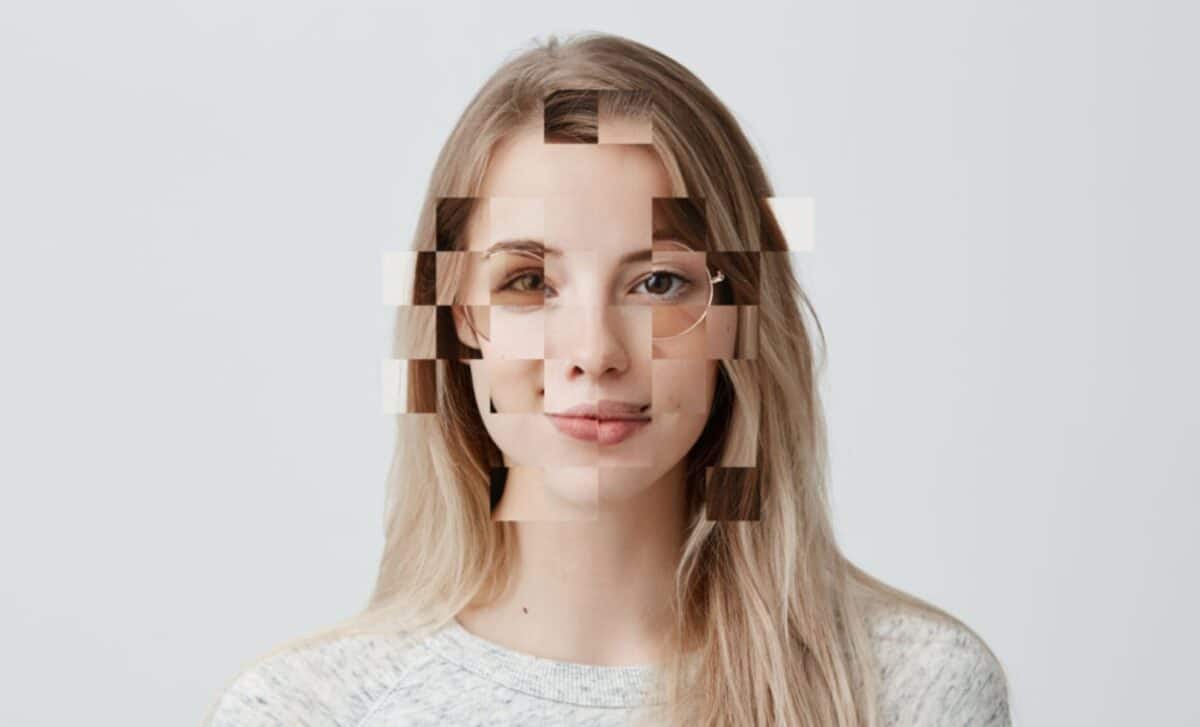South Australia is on the verge of passing groundbreaking legislation designed to curb the growing menace of deepfakes, particularly those involving humiliating and sexually explicit content. The law will target offenders who create or distribute such material, with the potential for severe penalties, including prison time.
This legislative move comes in response to a rapid increase in the production of non-consensual, explicit images and videos, which disproportionately affect women and girls.
The proposed law aims to protect victims from the damaging effects of these manipulated images, which have become an increasingly prevalent form of online harassment. The legislation, which could be enacted within weeks, has garnered significant attention for its potential to change the landscape of online abuse in the state.
Attorney-General Kyam Maher has underscored the alarming growth of deepfake-related crimes, highlighting that the laws are a direct response to the rise in harmful, non-consensual content.
Deepfakes and the Growing Threat to Women and Girls
Deepfakes are digitally altered videos or images that can manipulate the appearance of individuals in realistic yet entirely fabricated scenarios.
According to Attorney-General Kyam Maher, these types of images have surged by more than 500 per cent annually, with the vast majority—around 90 per cent—being non-consensual, sexually explicit content. The victims of these attacks are overwhelmingly women and girls, with 99 per cent of the deepfakes falling into this category.
SA Best MP Connie Bonaros has described the issue as the “fastest growing threat to women and girls online today,” highlighting the harmful consequences that such deepfakes can have on the victims’ emotional and social well-being.
Deepfake technology, once largely confined to the realm of entertainment and satire, has now morphed into a tool of exploitation, humiliation, and abuse. The consequences for victims are severe, often involving reputational damage, emotional distress, and, in extreme cases, threats to their safety.
Legal Repercussions: Fines and Prison Time
Under the new law, individuals found guilty of creating or disseminating deepfake material could face serious legal consequences. Offenders may be sentenced to up to four years in prison or face fines of up to $20,000.
This legal framework reflects the government‘s recognition of the serious and long-lasting impact such content can have on its victims, both personally and professionally.
The new law is part of a broader initiative to combat the rise of online abuse and to hold perpetrators accountable for the harm they cause. The bill is expected to be passed in the coming weeks, with the government aiming to implement it swiftly.









